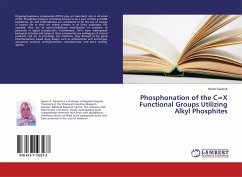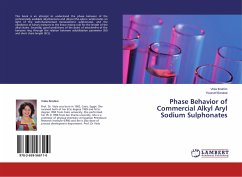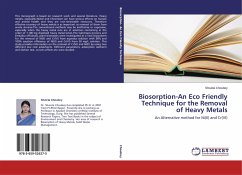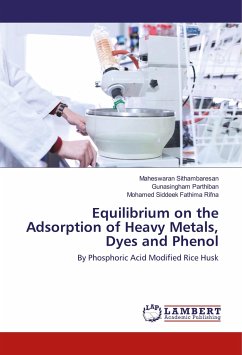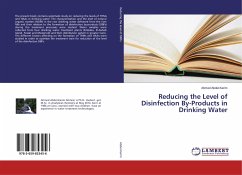Organophosphorus compounds (OPCs) play an important role in all kinds of life. Phosphate moiety is commonly known to be a part of DNA and RNA backbones. Di- and triphosphates are considered to be the key of energy in human life as they are widely present in all living organisms. For example, they act as post-translational modification of proteins, in particular in signal transduction. Furthermore, OPCs have wide-spread biological activities and many of these compounds are analogues of natural products and act as pro-drugs. For instances, they showed to be good pharmacophore based drug design such as antibacterial and antifungal, anticancer, antiviral, antihypertensive, antitubercular, and bone seeking agents.
Bitte wählen Sie Ihr Anliegen aus.
Rechnungen
Retourenschein anfordern
Bestellstatus
Storno

